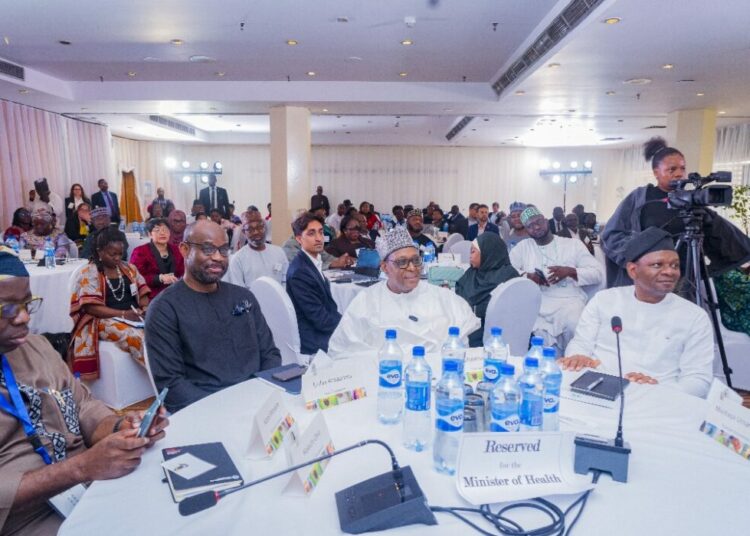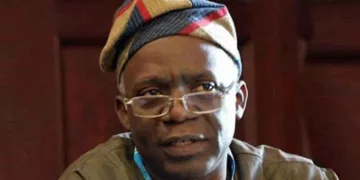The Gates Foundation has reaffirmed its commitment to strengthening Nigeria’s health system as it convened government leaders, health experts, and private sector executives at its CEO Roundtable Forum in Abuja last week.
The two-day dialogue provided a platform to chart new pathways for coordinated investment in Nigeria’s healthcare, with a particular focus on tackling the country’s growing burden of non-communicable diseases (NCDs).
Opening the forum, Nigeria’s Minister of Health, Professor Ali Pate, described the situation as “alarming,” citing that NCDs such as diabetes, hypertension, and cancer now account for an estimated 684,000 deaths annually, claiming lives mostly between ages 30 and 50.
He urged partners, particularly the Gates Foundation, to collaborate with Nigeria in finding scalable solutions.
The Gates Foundation Country Director, Uche Amaonwu, underscored the urgency of moving beyond single-donor projects to durable, co-funded investments.
“Seventy percent of Nigeria’s healthcare spending is out of pocket. That not only reflects poverty but perpetuates it. Families are forced to sell assets, cut back on education, and sacrifice opportunities just to pay medical bills. Convenings like this are important to break that cycle” he said.
Amaonwu explained that the Foundation’s guiding principle is to align with government priorities while leveraging the strength of global partners.
“Countries must lead the way. Our role is to listen, collaborate, and ensure health innovations translate into lifesaving action in communities we care about,” he added.
The Foundation, which approved an $8.6 billion global health budget in 2024, has already invested heavily in Nigeria’s immunisation, maternal and newborn health, and primary healthcare.
The Abuja roundtable expanded discussions to include integrating NCD care into primary health services, addressing stigma in health delivery, and incentivising private sector participation.
Over the years, the CEO Roundtable has mobilised life sciences companies, donors, and multilateral partners like the World Bank and the United Nations to support sustainable health financing in Africa. Its impact has been felt in improved immunisation coverage and maternal health outcomes, while also influencing policy discussions on pandemic preparedness and equitable access to care.
Participants in Abuja expressed hope that the new proposals will translate into catalytic investments by December, when the forum reconvenes.
“Our collective strength as partners lies in our ability to collaborate. Together we can move faster, extend our reach, and ensure that Nigeria’s health challenges are met with durable solutions,” Amaonwu told the gathering.





